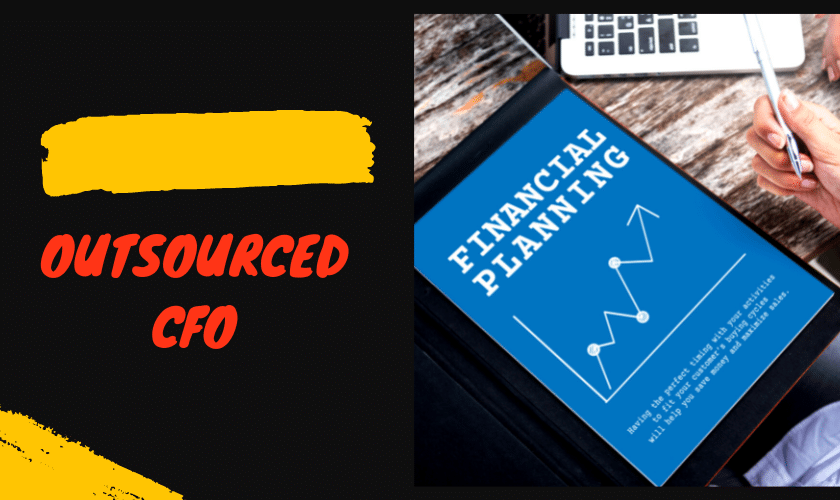Outsourced CFO: The Pros & Cons

Outsourced CFO: The Pros & Cons
There is no question that businesses have benefited from the growth of outsourcing over the past decade. Businesses can now outsource everything from customer service to manufacturing, which has helped them become more efficient and profitable. But what about outsourced CFO services? Is it a good idea to outsource your company’s financial management?
This blog post will discuss the pros and cons of outsourced CFO services and help you decide if it is right for your business.
Is Outsourced CFO the Right Option for Your Business?
As a business owner, you may need to make a difficult decision about your financial management. Hiring an in-house Chief Financial Officer (CFO) can be costly and time-consuming. Outsourcing your CFO could be viable if you need someone with the same qualifications but without the price tag attached.
Let’s explore this option and how it can benefit or harm your business’s financial future.
The Pros of Outsourced CFO
When you outsource a CFO, you are essentially paying for their services on an as-needed basis. This means that instead of paying a salary to one employee, you are paying for only the amount of hours the outsourced CFO uses, usually between 10-20 hours per month. This is more cost-effective than hiring an in-house CFO who will be expecting a regular paycheck every month regardless of their workload. Additionally, since these individuals are not employed by your company directly, they bring expertise from different sectors and industries. This can help provide valuable insights into how other businesses have tackled similar situations.
Another significant benefit is that outsourcing allows for more flexibility when finding solutions that fit your budget. Since most outsourced CFOs charge hourly rates as opposed to salaried positions, it gives you greater control over how much money is being spent on financial management services each month. Furthermore, since they are not tied down to any one particular company or industry, they may also be able to provide advice on tax strategies or other financial solutions that would otherwise not be available through traditional in-house options.
The Cons of Outsourced CFO
One potential downside of using an outsourced CFO is that they may not have the same level of familiarity with your business as an in-house employee would have. This could lead to misunderstandings or miscommunications regarding specific goals and objectives, affecting the outcome of projects or initiatives within your organization.
Additionally, since these individuals are typically hired on an as-needed basis, there is no guarantee that they will always be available when needed. This makes it difficult to ensure continuity within projects or tasks over time if different people are used for each task.
Lastly, because these professionals are working remotely, there may also be challenges related to communication, such as delays in response times due to time zone differences or language barriers if the individual is located overseas.
The Bottom Line
Regardless of whether you choose to outsource or hire an in-house CFO, there are pros and cons associated with both options. These factors should be carefully considered before deciding how to manage your finances. Ultimately it comes down to what makes the most sense financially and strategically based on your unique situation – so take some time to weigh all of the options before committing either way! Doing so could mean significant savings and positive results for years ahead!



